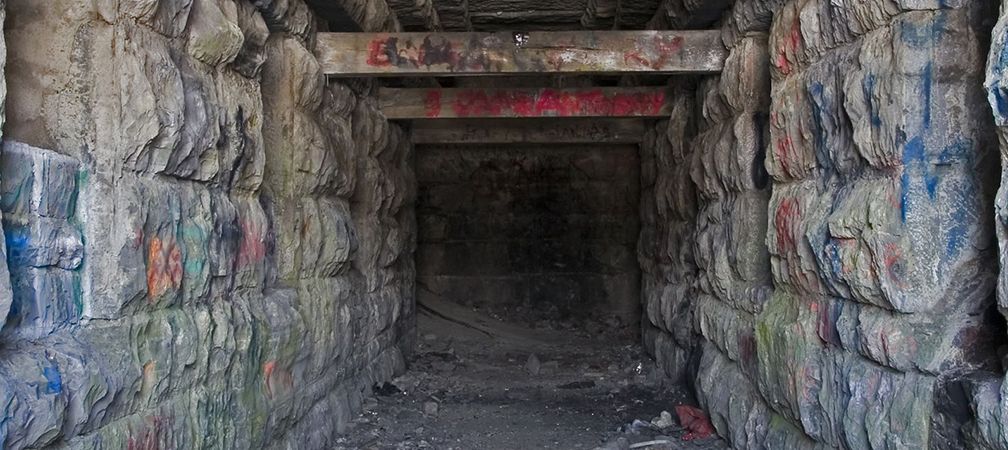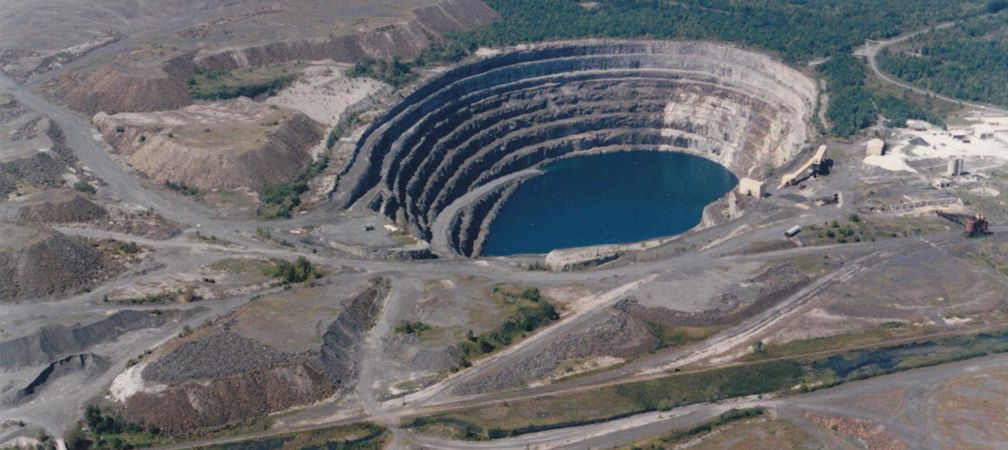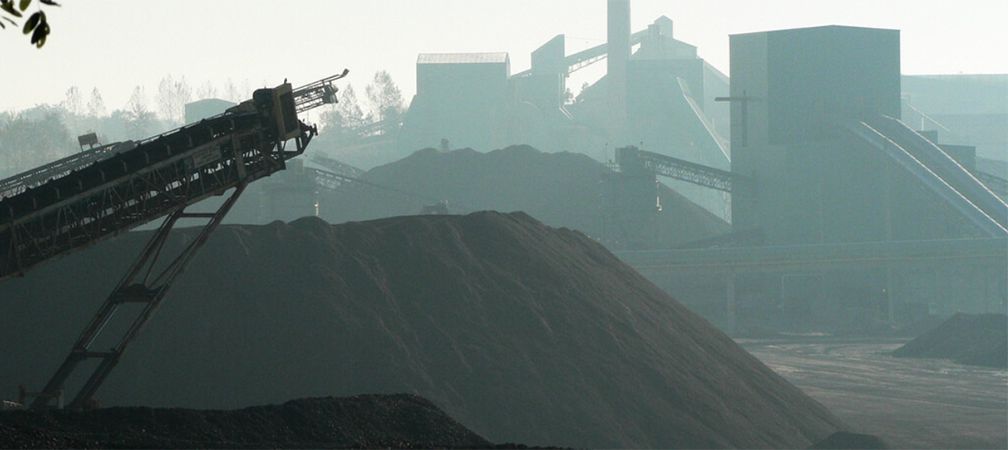Ontario Nature Blog
Receive email alerts about breaking conservation
and environmental news.
© Lora Denis
January 25, 2024–Corina Brdar
Campaigns and advocacy•Land-use planning•Reduce Your Footprint•Stewardship and restoration
Contaminated tailings pond, Elliot Lake © MrFussyFont CC BY 2.0
Ontario is in a mining boom due to the urgent need to wean ourselves off fossil fuels. A transition towards renewable – also known as green – energy is essential to lessen the impacts of climate change. But so-called green energy has its own environmental and social costs, which can’t be overlooked. Renewable energy requires mining for “critical minerals”, many of which are found in northern Ontario. That’s why a group of environmental advocates, including Ontario Nature, support five key principles for a truly green and socially just energy transition.
These principles speak to my personal values and life experience. Growing up in Ontario’s uranium boomtown gave me a powerful lesson on the impacts of the mining sector. The mines were why the town of Elliot Lake, west of Sudbury, was founded in the 1950s. Our parents and grandparents worked at the mines. The mining companies sponsored summer barbecue days at the lake and Christmas parties at the legion. After the Cold War, the prevailing sentiment was that the town would prosper with the development of nuclear power plants feeding the province’s electricity grid.

The mines also had a dark side. We would climb the local fire tower to marvel at the turquoise and crimson waters of the wetlands downstream of the tailings ponds. Most townspeople had no idea that nearby Serpent River First Nation bore the brunt of the mines’ environmental impacts (while receiving few of its economic benefits). Neighbours died in their 50s from illnesses likely caused by working underground. Alcoholism was rife. Five different kids my age committed suicide before they finished high school.
Then in the early 90s, a vibrant town of 12,000 people was suddenly decimated when global economic forces meant it was no longer profitable for international corporations to keep the mines open. My dad, and many of my friends’ dads, lost their good mining jobs just as we were heading off to university. Families lost their savings and a diaspora in search of jobs took place.

This tired story has been repeated over and over across the province for a century. Ontario has had enough experience getting mining wrong. Now is an opportunity to get it right. Here’s how:

One hundred-year-old mining laws are not going to guide careful development of mineral resources. Ontario needs a modern approach to deciding when and where mineral development makes sense for everyone’s benefit, including the planet’s. You can learn more by reading the principles for a green energy transition.

Gananoque Lake Nature Reserve © Smera Sukumar
Thanks for the book recommendation Mary Ellen. I just found out my local library has it. Thanks for your kind words John.
I think many of us are not aware of the dangers contained in apparent green methods.
Agree wholeheartedly esp. the issue of 100 yr old mining laws. I grew up in Sudbury and remember the “before” picture very well. “Cobalt” by Charlie Angus is a good account of the birth of the mining industry in Canada and its legacy. Many Ontarians have no idea how this industry functions to this day.
Good article, Corina. You also wrote a nice opinion piece on this topic on the last page of a recent issue of ON Nature.
On the pessimistic side, I have little faith that the Ford government will choose the environmentally responsible course of action when it comes to extracting minerals from the Ring of Fire lands in northern Ontario.